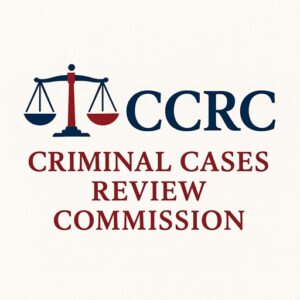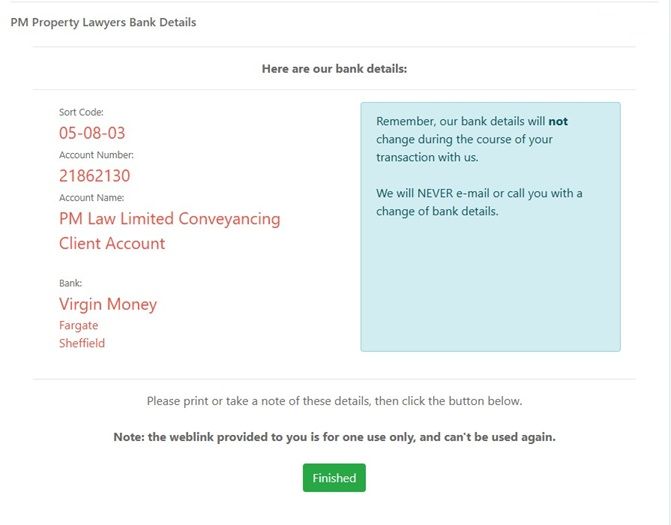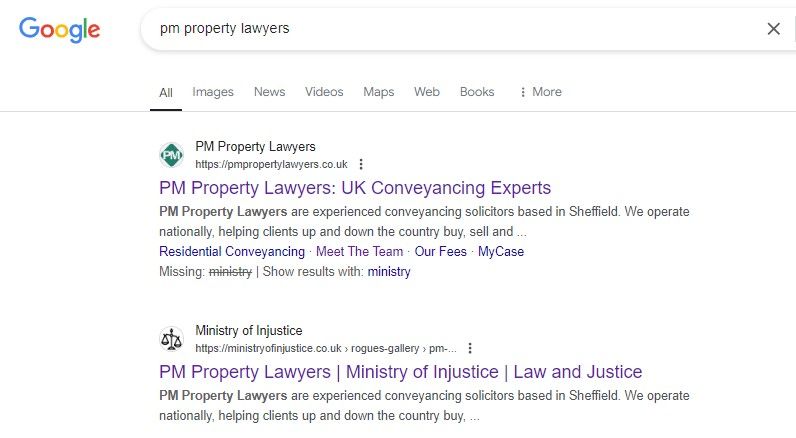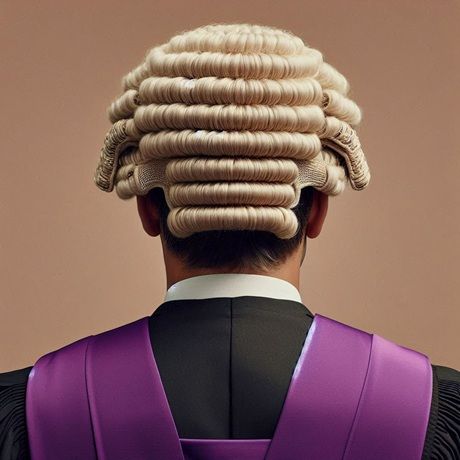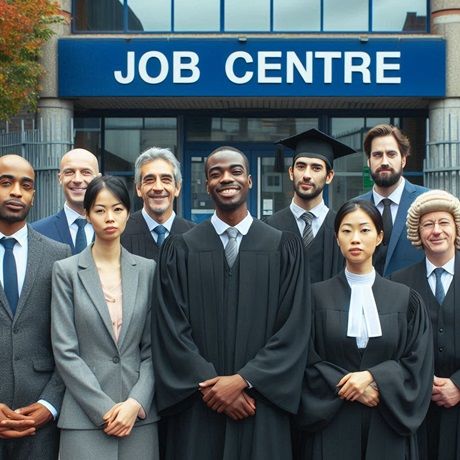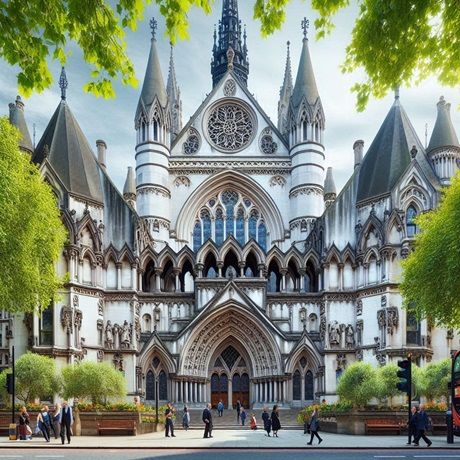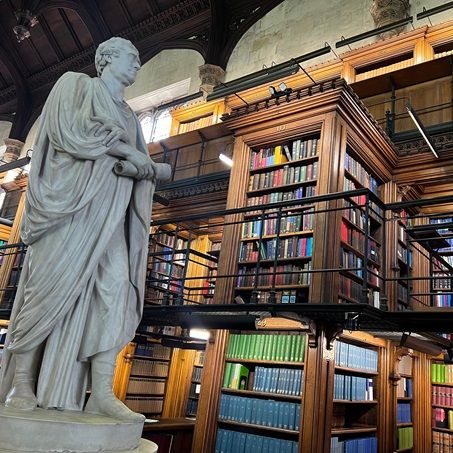What is a salaried judge ?
Salaried judges in the UK are full-time judges who are employed by the government to preside over cases in various courts and tribunals. They are appointed by the King on the recommendation of the Lord Chancellor, following a rigorous selection process that includes an assessment of their legal knowledge, experience, and personal qualities.
The role of a salaried judge in the UK is to interpret and apply the law impartially and to make decisions in a fair and just manner. Salaried judges are responsible for a wide range of legal matters, including criminal cases, civil disputes, family law, and employment law, among others.
In carrying out their role, salaried judges are required to conduct themselves with the utmost integrity and to be impartial and independent in their decision-making. They must also be knowledgeable about the law and able to apply it in a way that is consistent with the principles of justice and fairness.
Salaried judges in the UK are appointed to various courts and tribunals, including the Magistrates’ Courts, County Courts, Crown Court, High Court, Court of Appeal, and Supreme Court. The type of cases they handle and the level of seniority they hold will depend on their experience and qualifications.
How much are salaried judges paid ?
In the United Kingdom, the salaries of judges are determined by the Senior Salaries Review Body (SSRB), an independent body that advises the government on the pay of senior public officials.
Judicial salaries and fees are published on the Judicial salaries and fees 2024 to 2025 page on the gov.uk website. The judicial salaries and fees were effective from the 1st April 2024.
The salaries of judges in the UK vary depending on their level of experience and jurisdiction. The following are the current starting salary for judges in England and Wales, as of April 2024:
- District Judges : £134,105
- Circuit Judges: £167,167
- High Court Judges: £225,092
- President of the Family Division: £269,530
- Justices of the Supreme Court: £269,530
- Lady Chief Justice: £312,510
The SSRB takes into account a range of factors when making recommendations on judicial pay, including changes in the cost of living, pay levels in other professions, and the need to recruit and retain high-quality judges. The SSRB also considers the pensions and benefits that are available to judges, as these are an important part of their overall compensation.
Judges in the UK are entitled to pensions through the Judicial Pensions Scheme. The scheme is based on a career-average earnings basis and provides a retirement income based on the judge’s length of service and average earnings during their career. Judges contribute between 7.35% and 14.5% of their salary to their pension, depending on their salary level.
Please also refer to the Judicial Pension Scheme 2022 guide for more information about pensions.
The salaries of judges in the UK are relatively high compared to other professions. However, this is balanced by the demanding nature of their work and the importance of their role in upholding the rule of law. Judges must be impartial and independent, and they must have the trust and confidence of the public in order to carry out their duties effectively.
What are fee paid judges and how much do they get paid ?
Fee-paid judges are part-time judges who are paid a fee for each day or half-day that they sit in court. They are also known as “recorder judges” or “deputy judges”.
Fee-paid judges are typically lawyers or other legal professionals who have expertise in a particular area of law and who are appointed to sit on a part-time basis in a variety of courts and tribunals.
The fees for fee-paid judges in the UK vary depending on the type of court or tribunal and the number of days worked.
As of April 2024, the daily fees for a Deputy District Judge is £623.74 or £642.34 with the London Weighting Fee as published in Judicial salaries and fees 2024 to 2025.
In addition to their fees, fee-paid judges are also entitled to claim expenses for travel, subsistence, and other reasonable costs associated with their work.
Fee-paid judges are an important part of the UK justice system and play a vital role in ensuring that the courts and tribunals have access to the expertise they need to make fair and impartial decisions.
While their fees may be lower than those of full-time judges, fee-paid judges provide an important service on a part-time basis and bring a valuable range of skills and experience to the courts and tribunals they serve.
What is a judge sitting in retirement and how much do they get paid ?
A judge sitting in retirement in the UK is a former full-time judge who has retired from their position but is still available to hear cases on a part-time basis. These judges are sometimes referred to as “retired judges” or “recalled judges”.
As of April 2024, the daily fees for a District Judge or Deputy District Judge sitting in retirement is £623.74 or £642.34 with the London Weighting Fee as published in Judicial Daily Sitting Fees for Sitting in Retirement Posts (effective 1 April 2024).
The role of a judge sitting in retirement is to assist with the caseload of the court or tribunal they are appointed to and to provide additional judicial resources where needed. They may be appointed to sit in a specific court or tribunal or to act as a relief judge to cover for other judges who are unable to hear cases.
Retired judges are appointed by the Lord Chief Justice, the Senior President of Tribunals, or another relevant appointing authority. They are subject to the same standards of conduct as full-time judges and are required to adhere to the same ethical and professional standards.
The fees for retired judges vary depending on the type of court or tribunal and the number of days worked. Retired judges may be paid a daily fee, a fee per case, or a salary. They may also be entitled to claim expenses for travel, subsistence, and other reasonable costs associated with their work.
Overall, retired judges play an important role in the UK justice system by providing additional judicial resources and expertise where needed. They bring a wealth of experience and knowledge to the courts and tribunals they serve in and help to ensure that the justice system operates efficiently and effectively.
Summary
The salaries of judges in the UK are determined by the Senior Salaries Review Body (SSRB) and vary depending on their level of experience and jurisdiction. Judges are also entitled to pensions through the Judicial Pensions Scheme, which is based on a career-average earnings basis.
While the salaries of judges are relatively high, they reflect the demanding nature of their work and the importance of their role in upholding the rule of law.
The Ministry of Justice published the Ministry of Justice Evidence Pack: Judicial Pay 2024/25 on the 21st February 2023. This document on judges pay and pensions is definitely worth a good read.



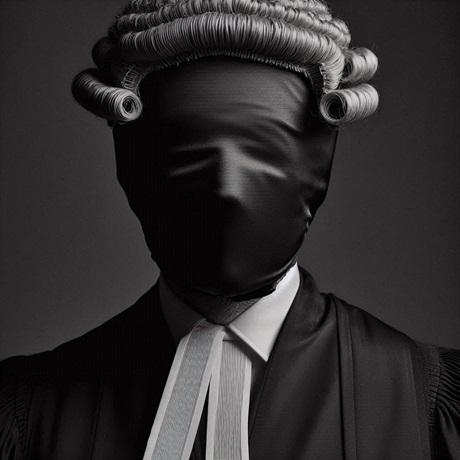
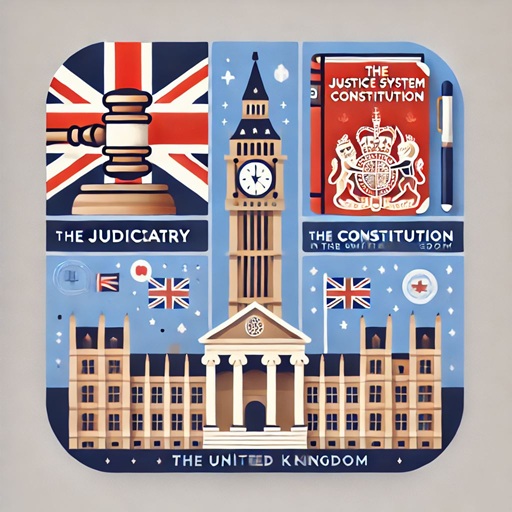

The Ministry of Injustice is not the Ministry of Justice nor is it affiliated in any way with the justice system, legal profession or any law enforcement agencies.
Most Popular ↓




What is Policing by Consent ? What is Two Tier Policing ?
Latest Articles ↓
- Can a Solicitor or Barrister Mislead a Court ?In England and Wales, the legal system demands integrity and truth from all legal professionals involved in court proceedings. Solicitors and barristers are bound by… Read more: Can a Solicitor or Barrister Mislead a Court ?
- What is the Forensic Science Regulator ?Forensic science is a cornerstone of modern criminal justice, providing critical evidence that can make or break a case. However, the reliability and accuracy of… Read more: What is the Forensic Science Regulator ?
- What is the Criminal Cases Review Commission ?The Criminal Cases Review Commission (CCRC) stands as a vital institution within the criminal justice system, dedicated to investigating potential miscarriages of justice. Established in… Read more: What is the Criminal Cases Review Commission ?
- Did Bobby Vylan and the BBC break the law at Glastonbury 2025 ?The performance by Bob Vylan at Glastonbury 2025, where frontman Bobby Vylan (reportedly Pascal Robinson-Foster) led chants of “death, death to the IDF” and “from… Read more: Did Bobby Vylan and the BBC break the law at Glastonbury 2025 ?
All Articles can be found in the Legal Blog or Sitemap.
You should always seek formal legal advice from a qualified and reputable lawyer (solicitor or barrister).
‘Justice delayed is justice denied’
William Ewart Gladstone
There are a number of links to Free and Paid For Legal Resources and Legal Organisations on the Free Legal Advice , Legal Aid and Pro Bono pages.



